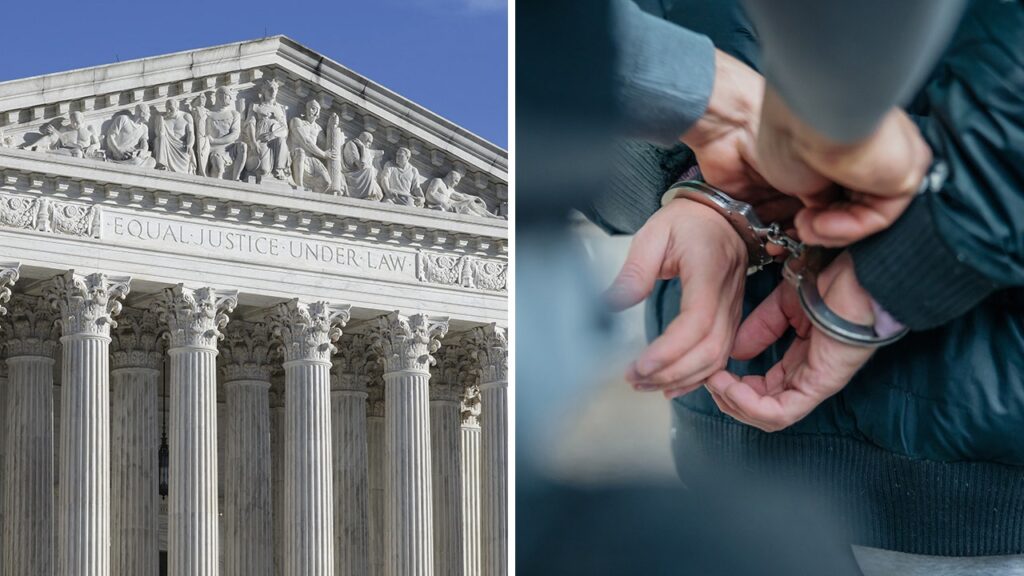On this day in history, June 13, 1966, the U.S. Supreme Court established the right to remain silent in the landmark case Miranda v. Arizona. This ruling, in a 5-4 decision, emphasized an arrested individual’s entitlement to rights against self-incrimination and to an attorney under the Fifth and Sixth Amendments of the United States Constitution. This case gave rise to what is now known as the Miranda rights, which are required to be read to individuals during arrests.
Miranda v. Arizona originated in Phoenix, Arizona, and involved Ernesto Arturo Miranda, a young man arrested in 1963 on charges of kidnapping and rape. Following his arrest, Miranda was brought to police headquarters in Phoenix for questioning and was ultimately led to believe he had been positively identified in a police lineup. Subsequently, he was interrogated by officials, resulting in a signed confession. The outcome of the case led to the establishment of specific guidelines to protect individuals in custody from self-incrimination.
The Miranda warning, also known as being “Mirandized,” outlines an individual’s right to remain silent, the potential use of any statements against them, and the right to legal counsel. Failure to provide this warning may render any obtained confession inadmissible in court. This critical ruling aimed to ensure that individuals understood their constitutional rights and were given the opportunity to consult with an attorney.
The legal issues at the heart of the Miranda case involved both the Fifth Amendment, which protects individuals from self-incrimination, and the Sixth Amendment, which guarantees the right to counsel. Chief Justice Earl Warren outlined new guidelines to protect these fundamental rights, emphasizing the need for clear and direct communication when informing individuals of their Miranda rights.
The Miranda warning is a crucial component of police procedure, ensuring that individuals are aware of their rights when in custody and facing interrogation. Chief Justice Warren further emphasized that individuals in custody must be given the opportunity to indicate if they do not wish to be interrogated or if they would like to consult with an attorney. Waivers of these rights must be voluntary, knowing, and intelligent for statements to be admissible in court.
Following the Miranda ruling, law enforcement officers were required to inform individuals of their rights when in custody and about to be interrogated. Failure to do so could result in challenges to any obtained confessions during trial or on appeal. This landmark case set a precedent for the protection of individual rights during the criminal justice process.
In conclusion, the Miranda v. Arizona case of June 13, 1966, marked a significant milestone in the protection of individual rights during police interrogations. The establishment of the Miranda rights and the requirement to inform individuals of their rights when in custody have had a lasting impact on the criminal justice system. As we reflect on this key moment in legal history, we are reminded of the importance of safeguarding the constitutional rights of all individuals, even in the face of criminal accusations.












